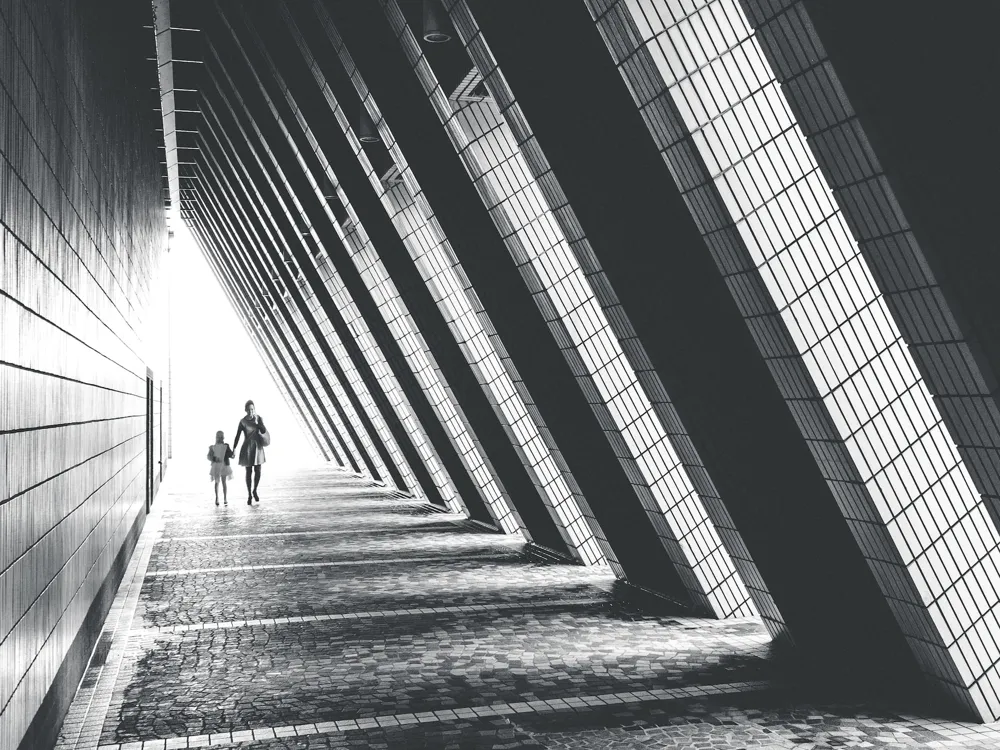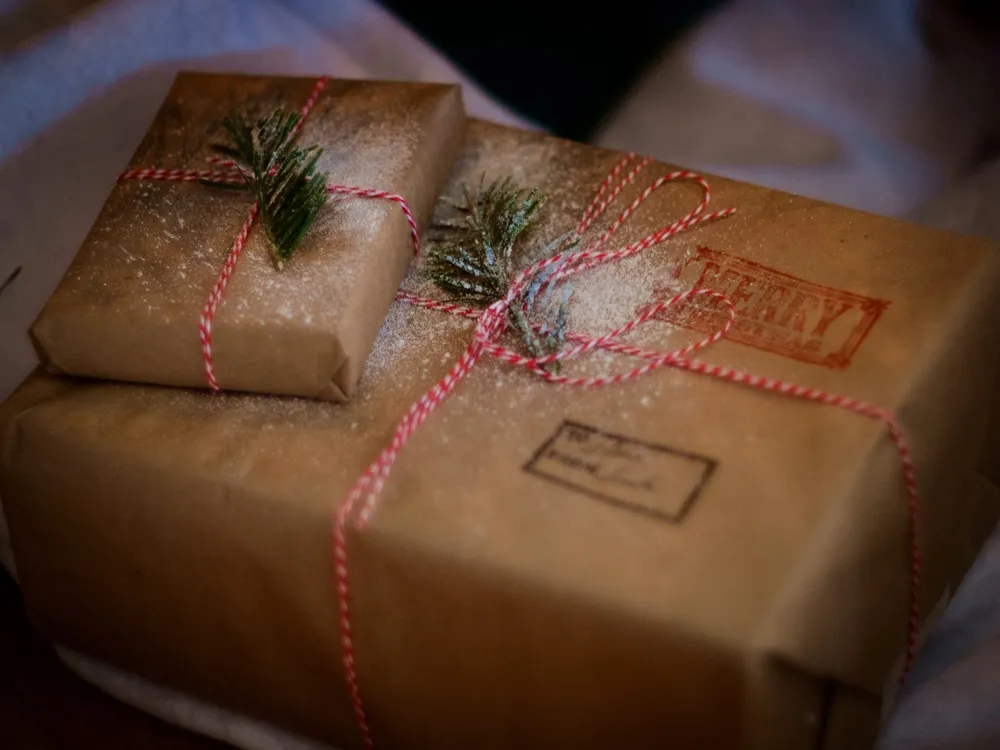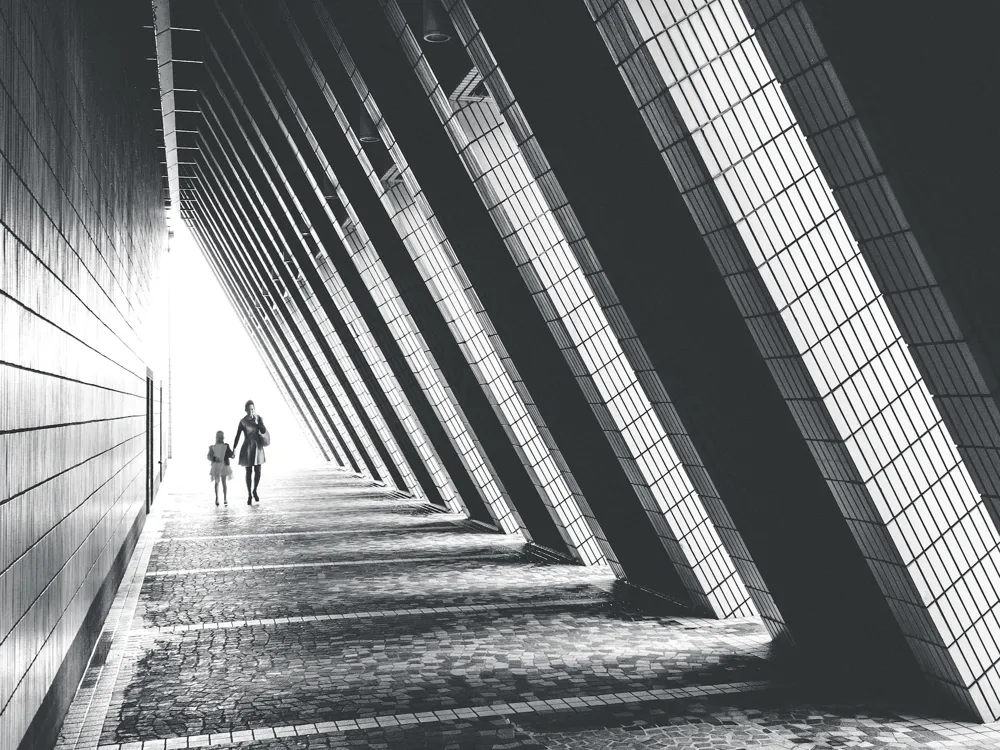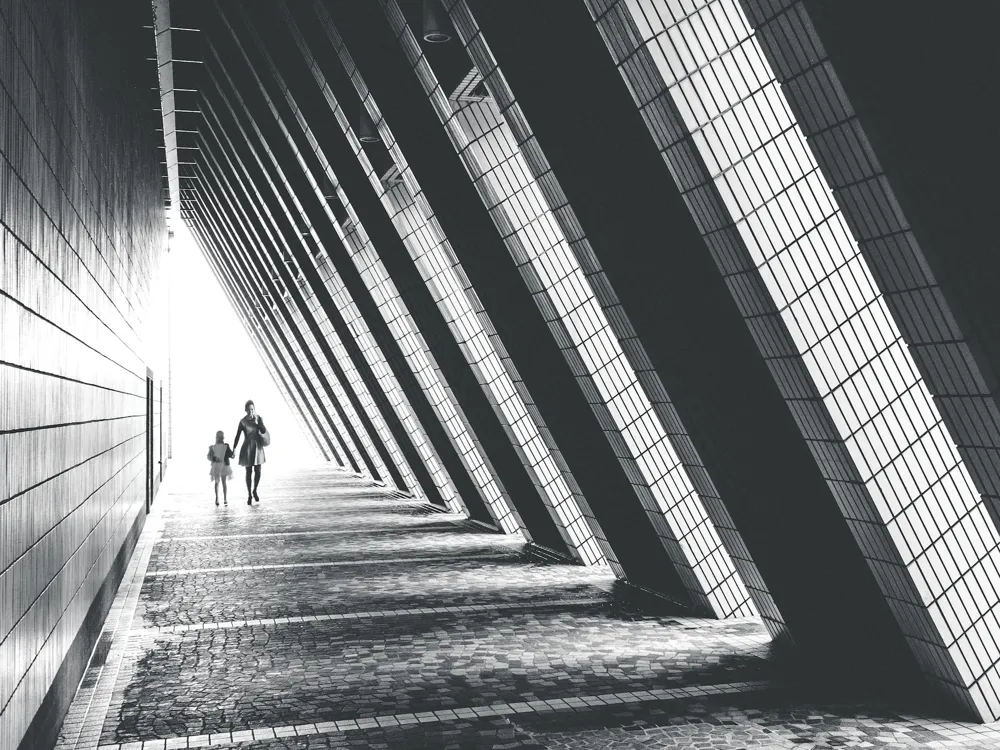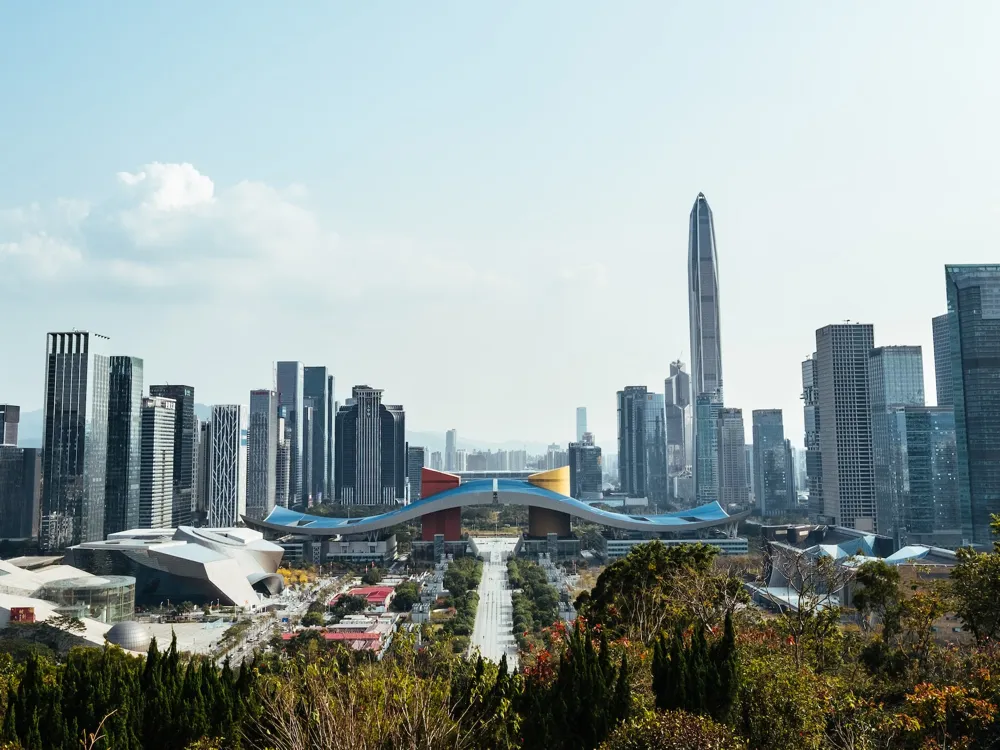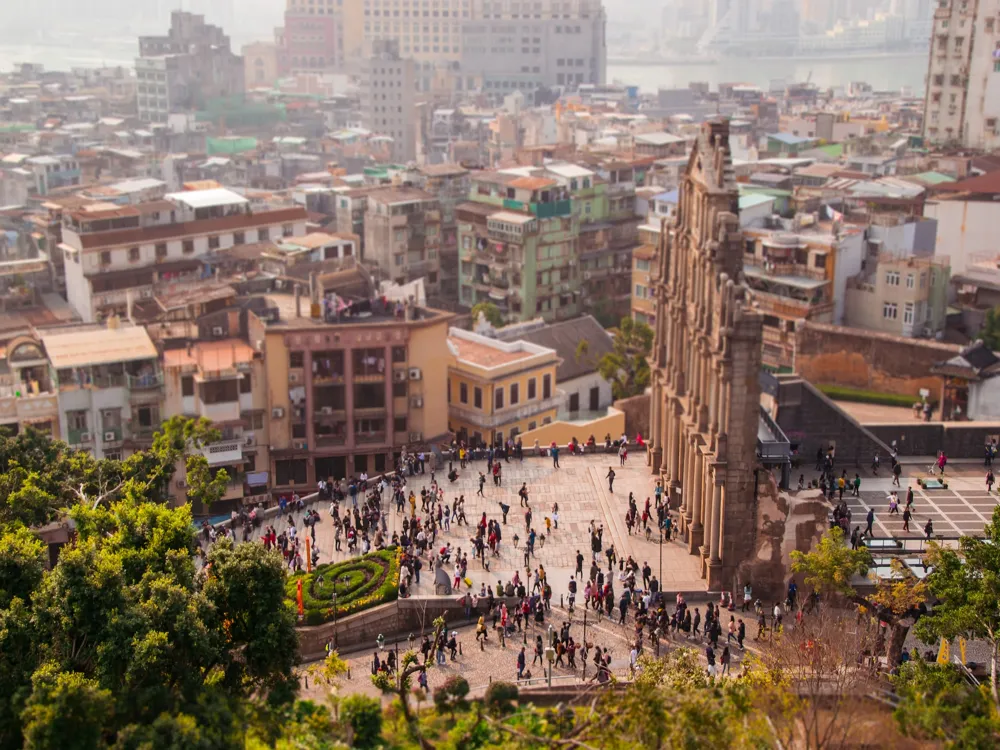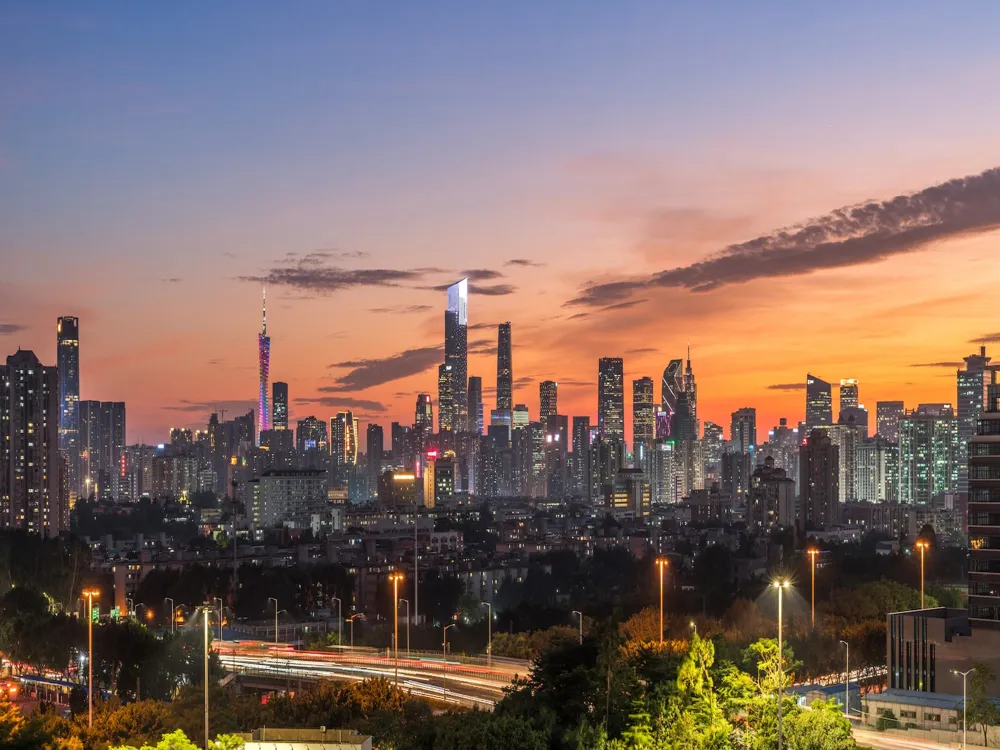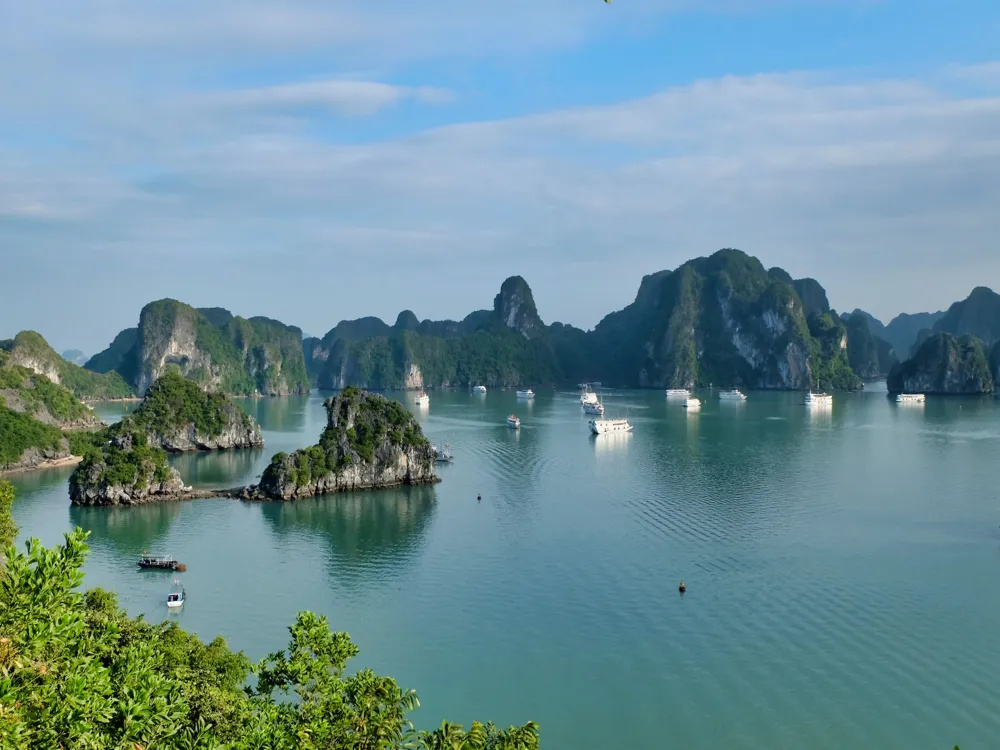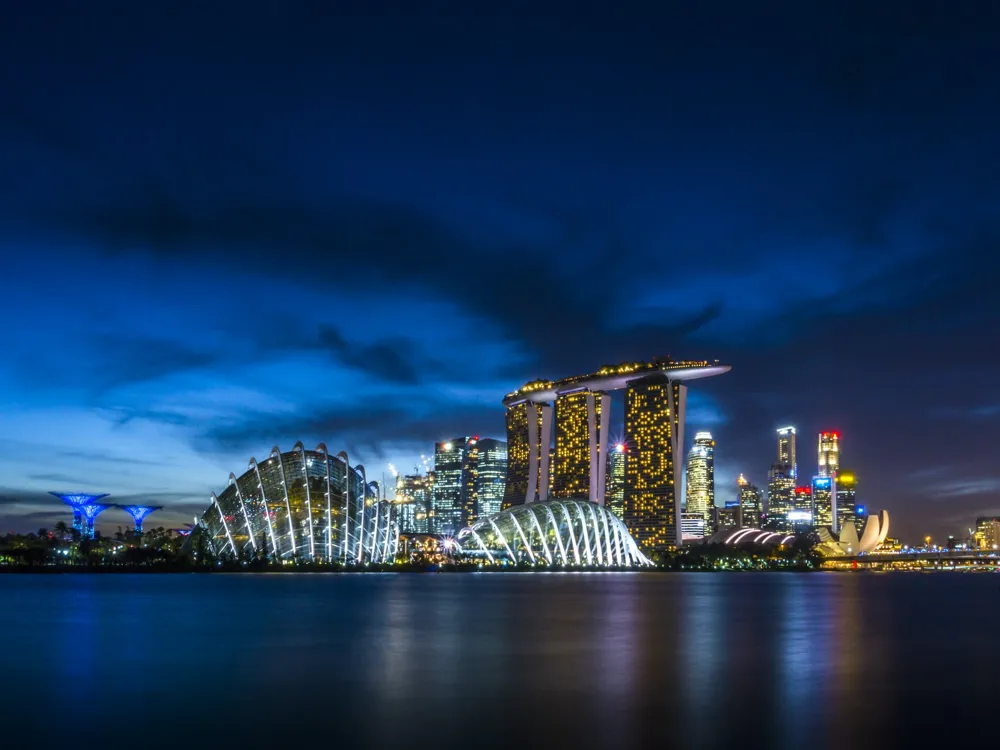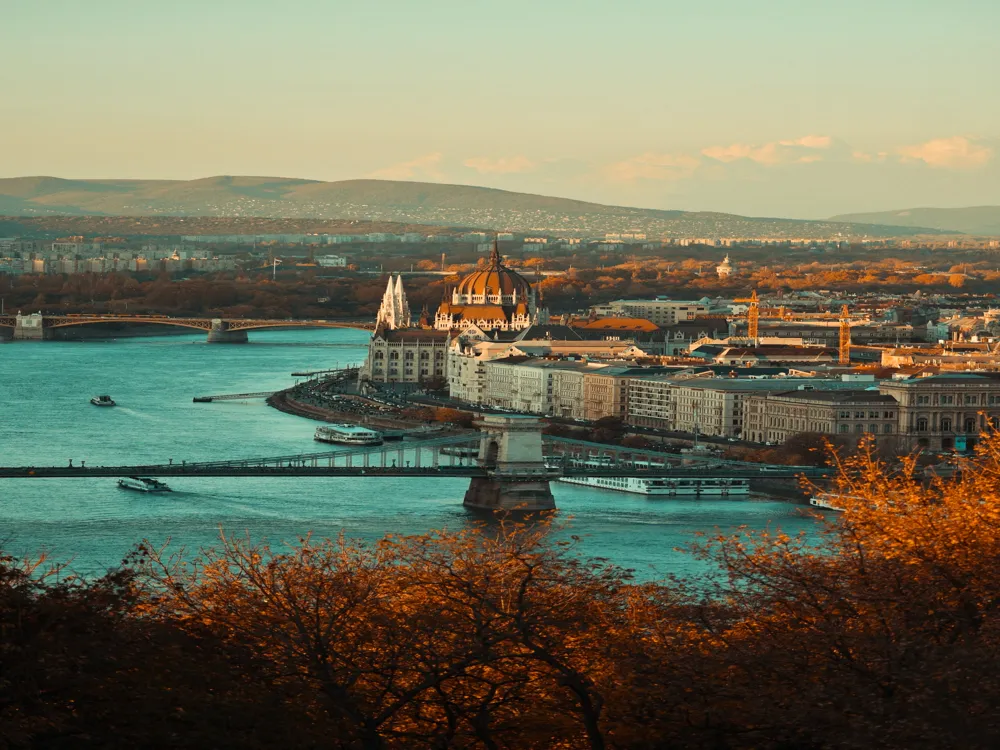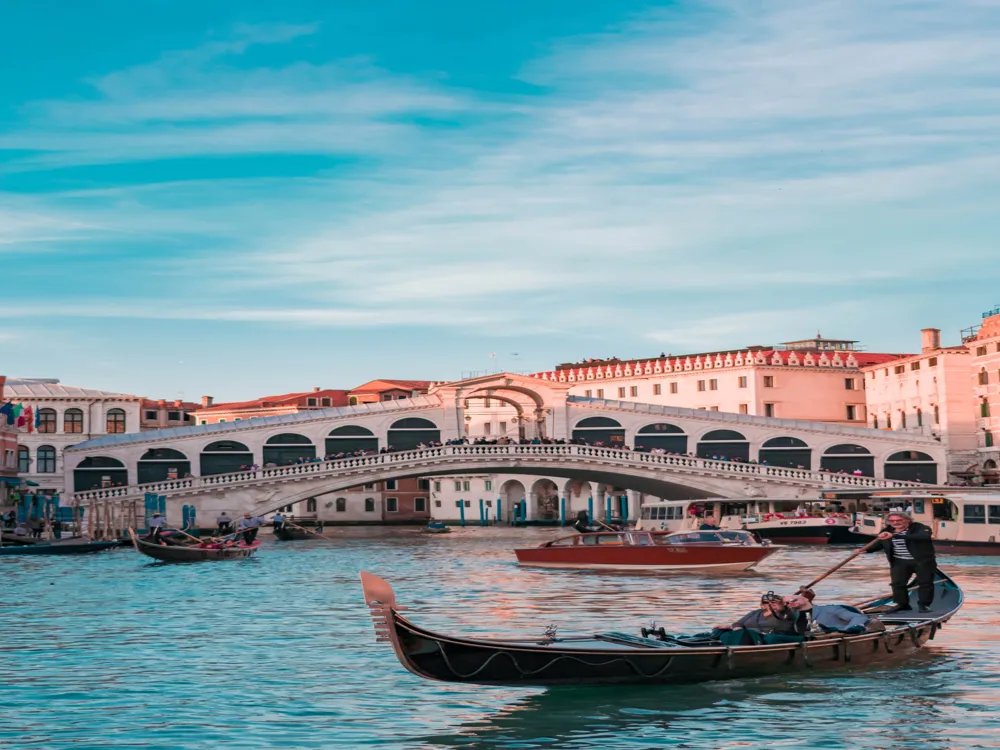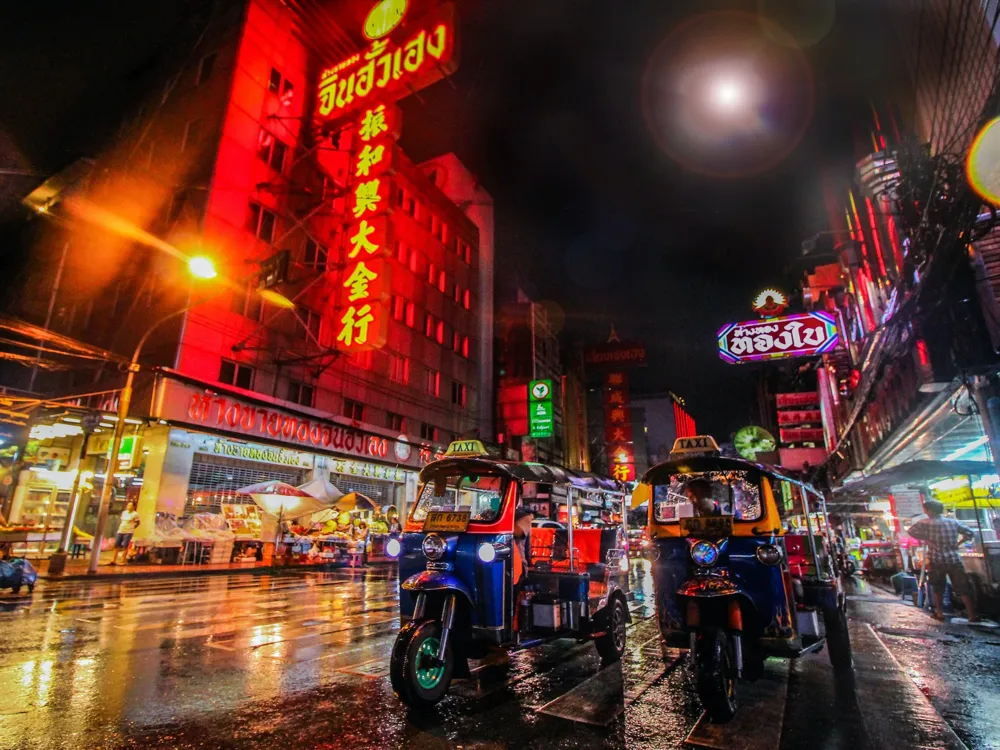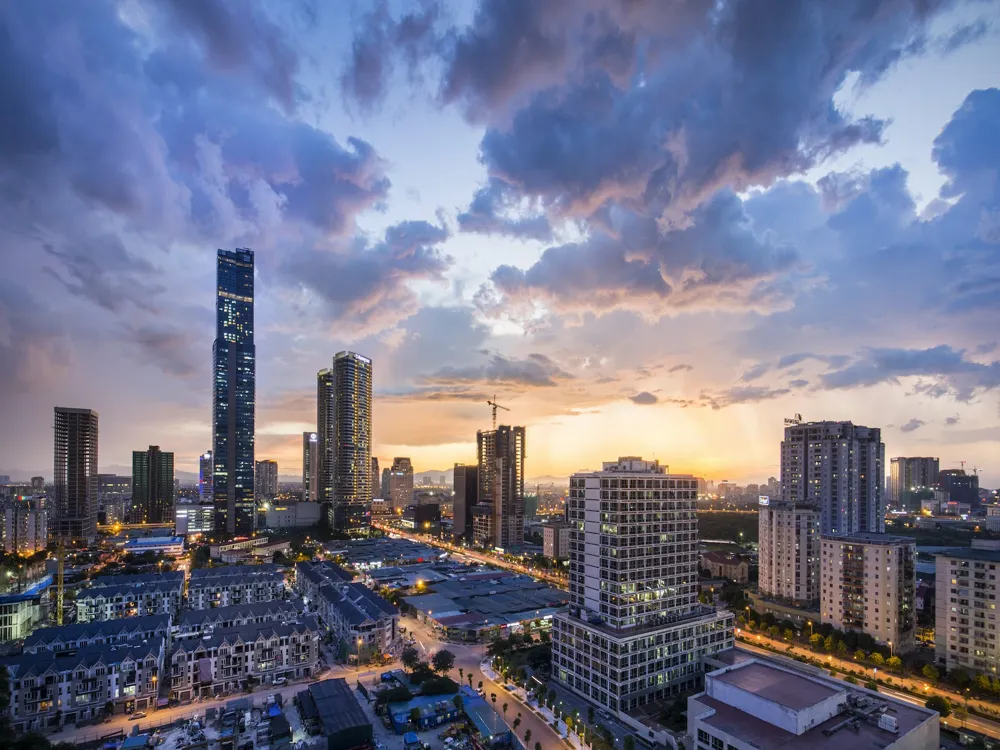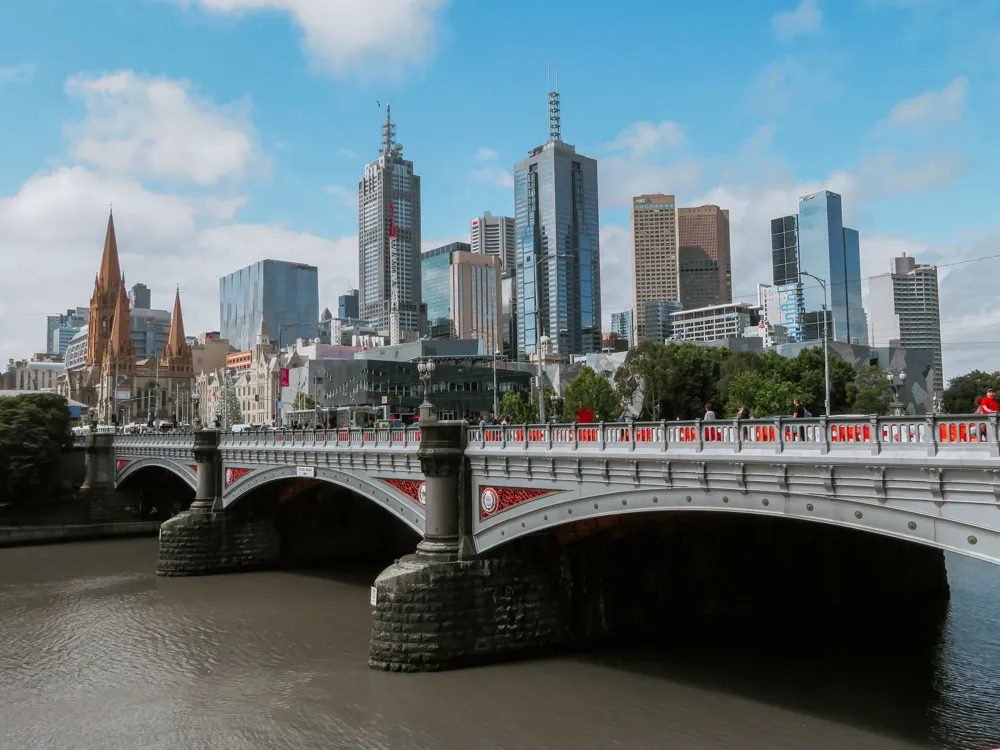The Hong Kong Arts Festival, a beacon of cultural excellence, has been mesmerizing art enthusiasts since its inception. This annual event, celebrated with great pomp and show, is not just a festival but a cultural odyssey that showcases a blend of traditional and contemporary arts. The festival is a dynamic platform that brings together an eclectic mix of performances ranging from opera, theatre, music, dance, and more, attracting talents from all corners of the globe. It's a cultural melting pot where East meets West, reflecting Hong Kong's unique position as a cosmopolitan city with deep Chinese roots. The festival's history is as rich as its content. Established in the early 1970s, it was envisioned as a way to enrich the cultural life of the city. Over the years, it has grown in stature and scope, now regarded as one of the most significant cultural events in Asia. The diverse program includes world-renowned performances and also nurtures local talents, making it a cradle of cultural growth and innovation. Each year, the festival revolves around different themes, ensuring that it stays relevant and continually provides fresh and exhilarating experiences to its audience. At the heart of the festival lies its commitment to education and community engagement. Through its Young Friends scheme and various outreach programs, the festival actively involves the younger generation, instilling in them an appreciation for the arts. Furthermore, the festival's role in promoting cultural dialogues and fostering international collaborations has made it a landmark event in the global arts calendar. The festival's success is not only in its artistic programming but also in its ability to engage and captivate a wide audience. It's an event where art enthusiasts, tourists, and locals mingle, creating a vibrant and inclusive atmosphere. Whether you are a connoisseur of the arts or a curious traveler, the Hong Kong Arts Festival offers something for everyone, making it a must-visit event for those seeking a rich cultural experience. The architecture of the Hong Kong Arts Festival venues is as diverse and captivating as the performances themselves. These architectural marvels range from historic buildings to modern, state-of-the-art facilities, each adding its unique character to the festival. The festival primarily takes place in several key locations across Hong Kong, each chosen for their architectural significance and ability to enhance the festival's diverse array of performances. A prime example is the Hong Kong Cultural Centre, a landmark building in Tsim Sha Tsui. Its iconic curved façade and futuristic design make it instantly recognizable. The centre houses multiple performance spaces, including a grand concert hall, a studio theatre, and an exhibition gallery. Its acoustically superior concert hall is a favorite among musicians and has hosted numerous prestigious performances during the festival. Another notable venue is the historic City Hall, located in Central Hong Kong. This mid-20th-century building blends modernist architectural style with traditional Chinese elements. Its two auditoria have been the site of many groundbreaking performances, resonating with the festival's spirit of cultural exchange and innovation. The festival also utilizes unconventional spaces, transforming them into creative performance areas. This approach not only showcases Hong Kong's architectural diversity but also offers unique experiences to festival-goers. From open-air performances at the West Kowloon Cultural District to intimate shows in hidden gems like the Tai Kwun Centre for Heritage and Arts, the festival's use of space is a testament to its creative and inclusive ethos. The architecture of these venues plays a crucial role in shaping the festival's identity. It's a harmonious blend of old and new, mirroring Hong Kong's own architectural landscape. These buildings do more than just host performances; they contribute to the narrative of the festival, adding depth and context to the artistic expressions showcased within their walls. To make the most of your visit to the Hong Kong Arts Festival, planning is key. Check the festival schedule in advance and book tickets for your preferred performances early, as popular shows tend to sell out quickly. Also, consider the locations of the venues and plan your itinerary accordingly to maximize your time. Choose accommodation that offers easy access to festival venues. Hong Kong's efficient public transport system, including MTR (Mass Transit Railway), buses, and ferries, makes getting around convenient. Alternatively, taxis are readily available, though more costly. Respect the local culture and customs when attending the festival. Dress appropriately for performances, especially for formal events, and be mindful of noise levels during shows to ensure a pleasant experience for everyone. While the festival is the highlight, don't miss out on exploring Hong Kong's other attractions. From bustling markets and traditional temples to stunning skyline views and culinary delights, the city offers a plethora of experiences. English is widely spoken in Hong Kong, especially in tourist areas and at festival venues. However, learning a few basic phrases in Cantonese can enhance your experience and show respect for the local culture. Reaching the Hong Kong Arts Festival is straightforward, thanks to the city's efficient transport network. The festival venues are well-connected by the MTR, the city's rapid transit railway system, which is the most convenient way to travel. Key MTR stations like Tsim Sha Tsui, Central, and Admiralty are close to major festival venues. For those coming from the airport, the Airport Express train provides a quick and comfortable ride to the city center. Additionally, buses and taxis offer alternative ways to reach the festival venues. Visitors can also use the Octopus card, a contactless smart card used for electronic payment in public transport, making travel hassle-free. Read More:Overview of Hong Kong Arts Festival
Architecture of Hong Kong Arts Festival
Tips When Visiting Hong Kong Arts Festival
Planning Your Visit
Accommodation and Transportation
Cultural Etiquette
Exploring Beyond the Festival
Language and Communication
How To Reach Hong Kong Arts Festival
Hong Kong Arts Festival
Hong Kong
NaN onwards
View hong-kong Packages
Hong-kong Travel Packages
View All Packages For Hong-kong
Top Hotel Collections for Hong-kong

Private Pool

Luxury Hotels

5-Star Hotels

Pet Friendly
Top Hotels Near Hong-kong
Other Top Ranking Places In Hong-kong
View All Places To Visit In hong-kong
View hong-kong Packages
Hong-kong Travel Packages
View All Packages For Hong-kong
Top Hotel Collections for Hong-kong

Private Pool

Luxury Hotels

5-Star Hotels

Pet Friendly







